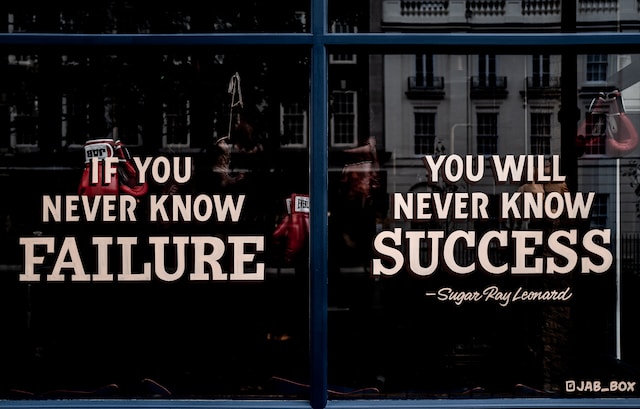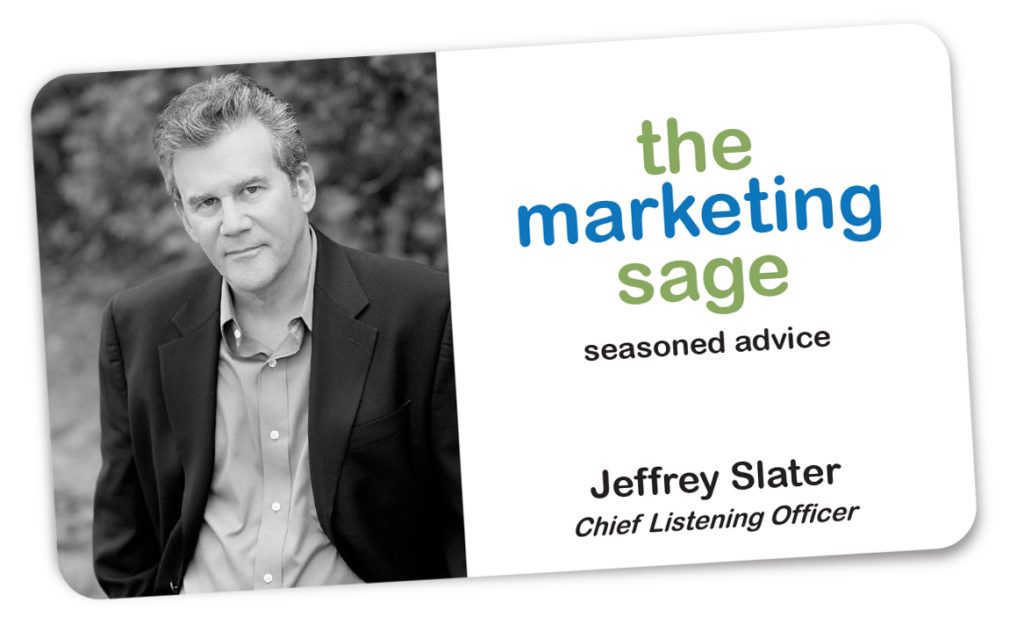Embracing Failure: The Unexpected Power of a “Failure” Section on Your Resume
Do you have a failure section of your resume?
In a world driven by success stories and triumphant narratives, it might seem counterintuitive to suggest that including a “Failure” section on your resume could enhance your professional appeal.
In the last few months, I have been reading resumes to help find a new hire for a client. Not one resume highlighted their failures. Like a narrative that sounds too good to be true, I think a section highlighting how they failed and what they learned would have stood out.
Companies want to hire people who learn from mistakes. No one is without failure in their career.
Relevance, not Volume
After all, we’ve been conditioned to highlight our achievements, showcasing our prowess and victories. However, in the insightful words of leadership guru Simon Sinek, “The value of information is not determined by its volume but by its relevance.”
Consider for a moment the stories that resonate deeply with us—the tales of struggles, setbacks, and eventual triumphs. They captivate our hearts because they are relatable, raw, and genuine. Embracing the concept of a “Failure” section on your resume is rooted in the belief that setbacks are stepping stones, not stumbling blocks. It embodies Sinek’s philosophy of finding purpose and authenticity in our professional narratives.
Transparency Breeds Trust
The foundation of Sinek’s thought is built upon trust, a cornerstone of any successful relationship, personal or professional. By openly acknowledging failures, you demonstrate vulnerability—a powerful trait that humanizes you in the eyes of potential employers.
Just as Sinek emphasizes the significance of leaders who prioritize the well-being of their teams, you, too, show that you value personal growth over a façade of perfection. Such transparency encourages employers to view you as someone willing to learn and capable of adapting and evolving.
Learning from Failures
One of Sinek’s most profound beliefs is that “Leadership is not about being in charge. It’s about taking care of those in your charge.” Similarly, acknowledging your failures and the lessons they taught you illustrates your capacity for self-awareness and growth.
A “Failure” section becomes a dedicated space to reflect on experiences that didn’t go as planned, showcasing your ability to turn disappointments into learning opportunities. Just as Sinek advocates for leaders who prioritize the growth and development of their teams, your willingness to learn from your mistakes demonstrates that you’re committed to self-improvement—a trait highly sought after in the professional arena.
Framing Failures as Stepping Stones
Sinek famously stated, “Champions are not the ones who always win races—champions are the ones who get out there and try. And try harder the next time. And even harder the next time. ‘Champion’ is a state of mind.”

By including a “Failure” section on your resume, you manifest the spirit of a champion. You convey that your failures are not roadblocks but stepping stones that have shaped your journey. This aligns seamlessly with Sinek’s philosophy of seeking the “why” behind your actions, understanding that purpose-driven endeavors are often born from the ashes of past challenges.
Humanizing the Resume
Simon Sinek famously said, “People don’t buy what you do; they buy why you do it.” This principle translates beautifully to the idea of a “Failure” section on your resume.
It humanizes your professional profile, revealing the story behind your achievements. Just as Sinek encourages leaders to create a sense of belonging and purpose within their organizations, you connect with potential employers by sharing your accomplishments and overcoming adversity.
In the realm of career advancement, the paradox of a “Failure” section is that it isn’t a testament to your shortcomings—it’s a celebration of your growth.
Just as Simon Sinek champions the notion that authentic Leadership involves fostering trust, promoting growth, and nurturing authenticity, your “Failure” section embodies these principles in the context of your professional journey. So, take a page from Sinek’s playbook and dare to showcase your setbacks alongside your successes—because it’s in the harmony of these experiences that your genuine potential shines through.
How have you recently failed, and what did you learn?
You can set up a time to chat with me about your marketing challenges using my calendar. Email me jeffslater@themarketingsage.com Call me. 919 720 0995. The conversation is free, and we can explore if working together makes sense. Watch a short video about working with me.
Photo by the blowup on Unsplash





